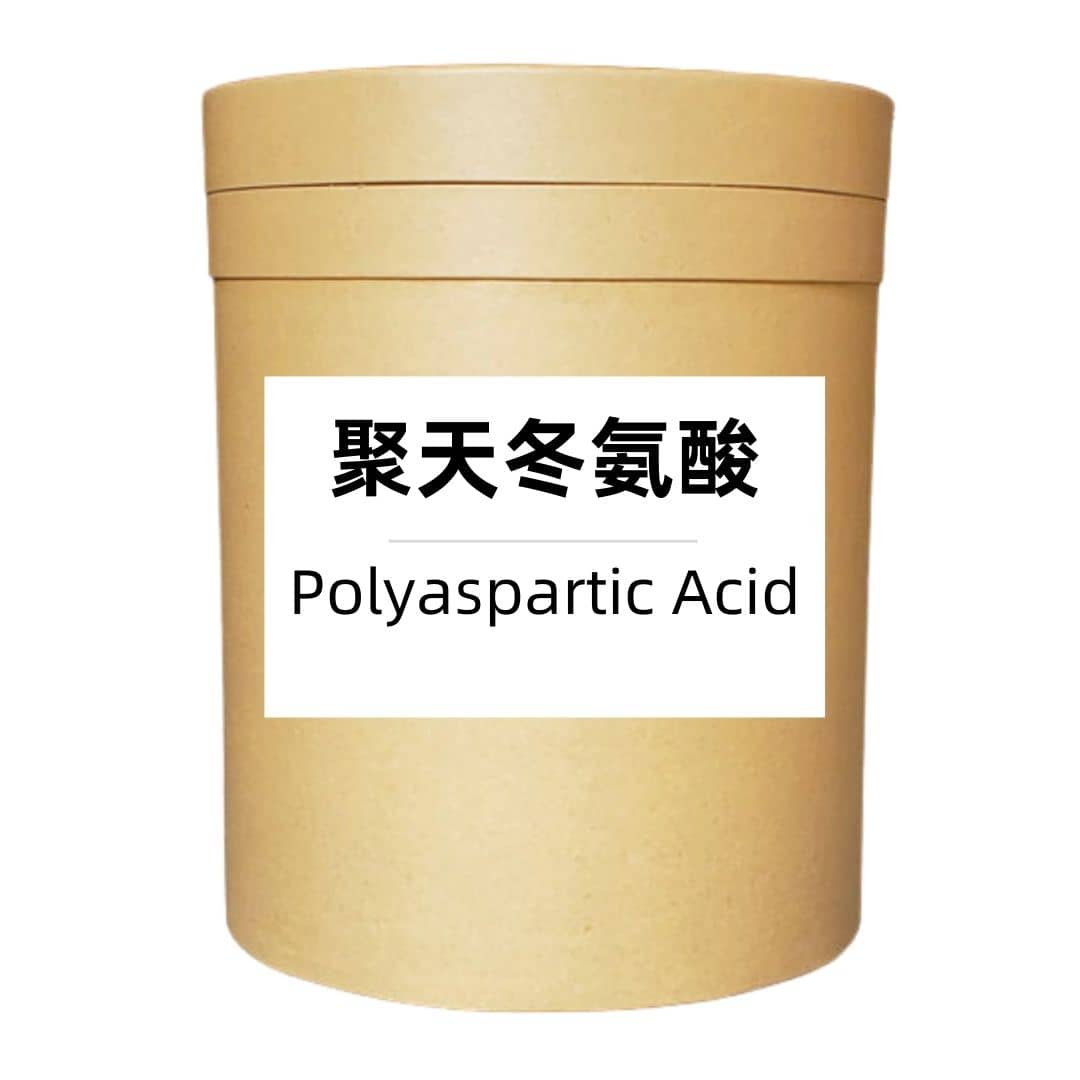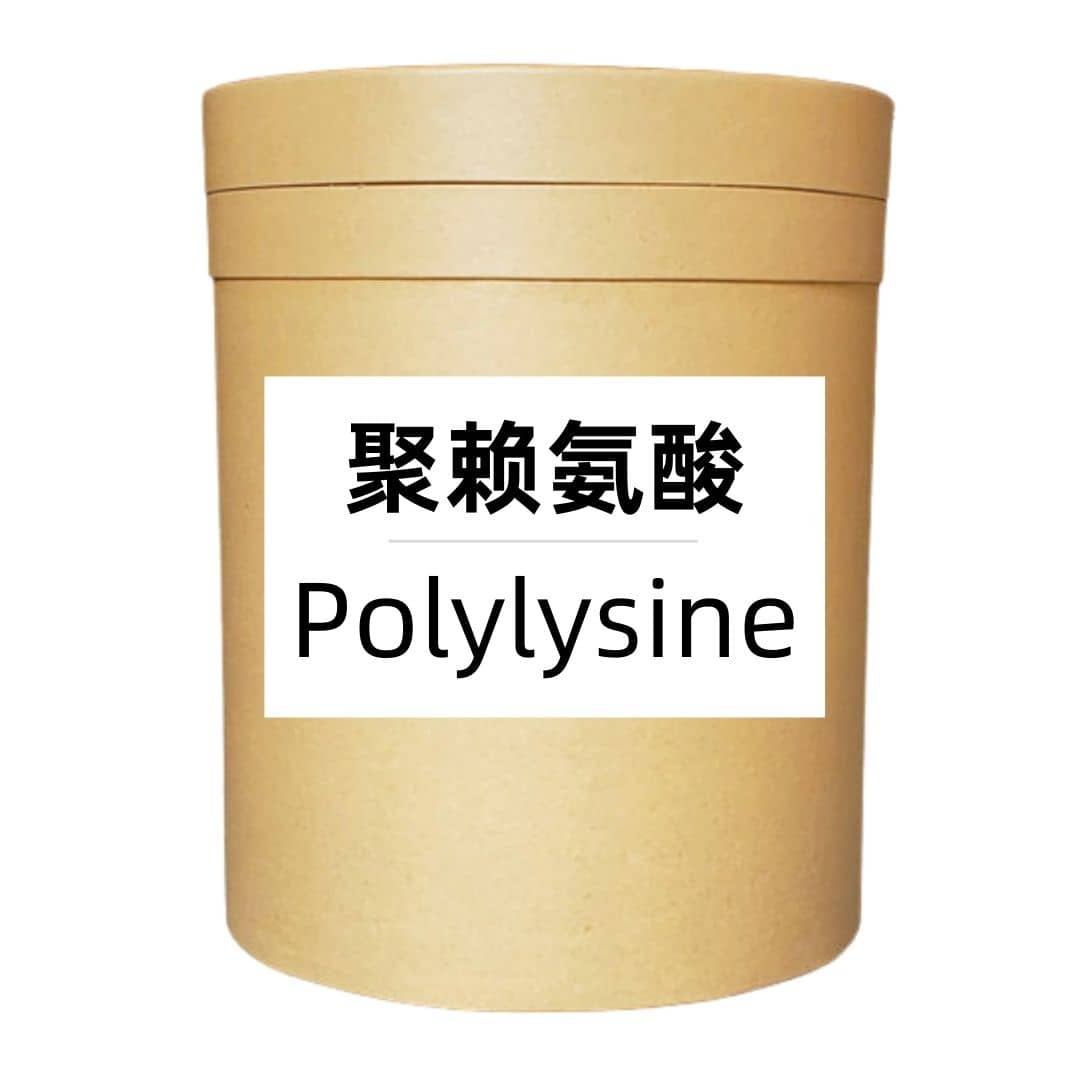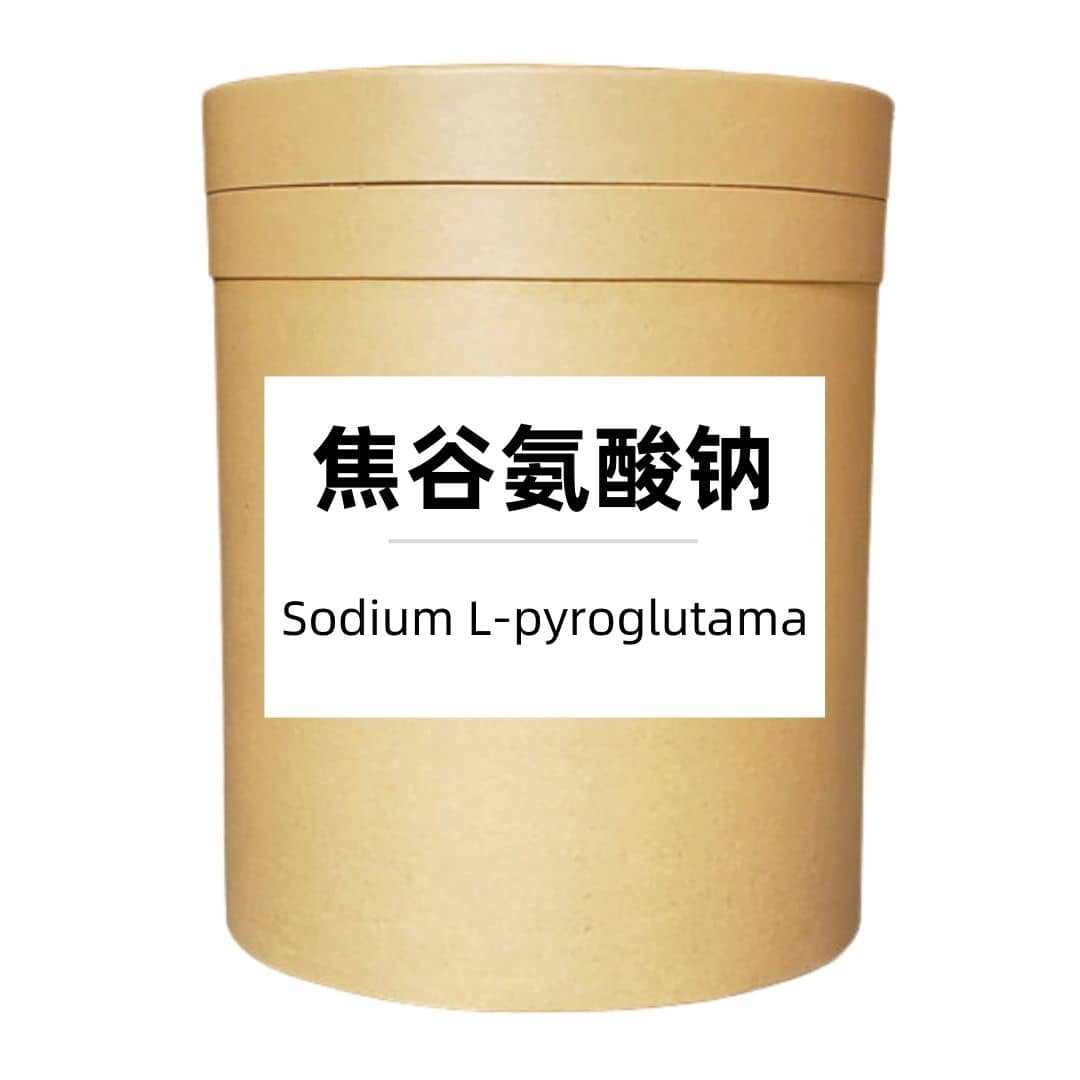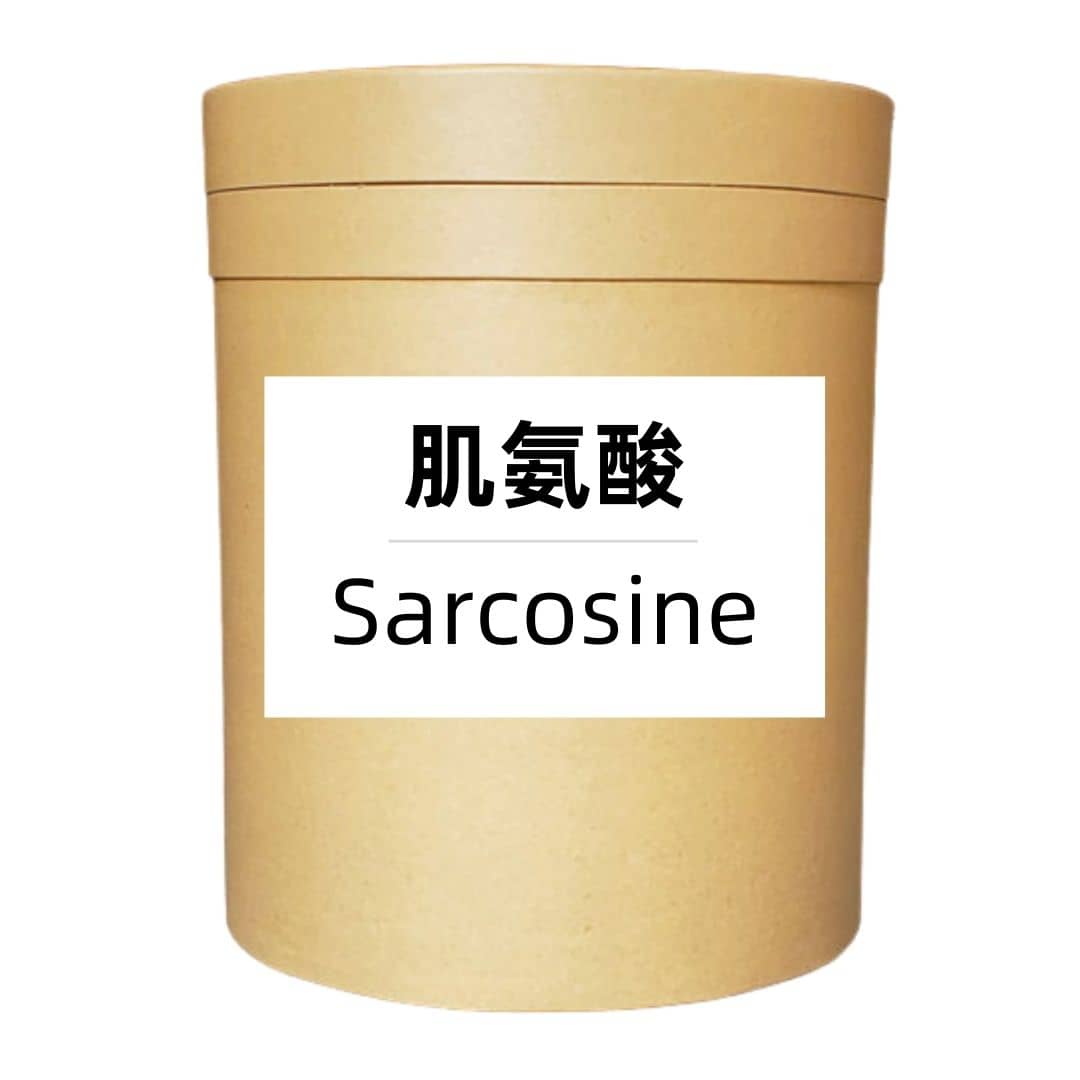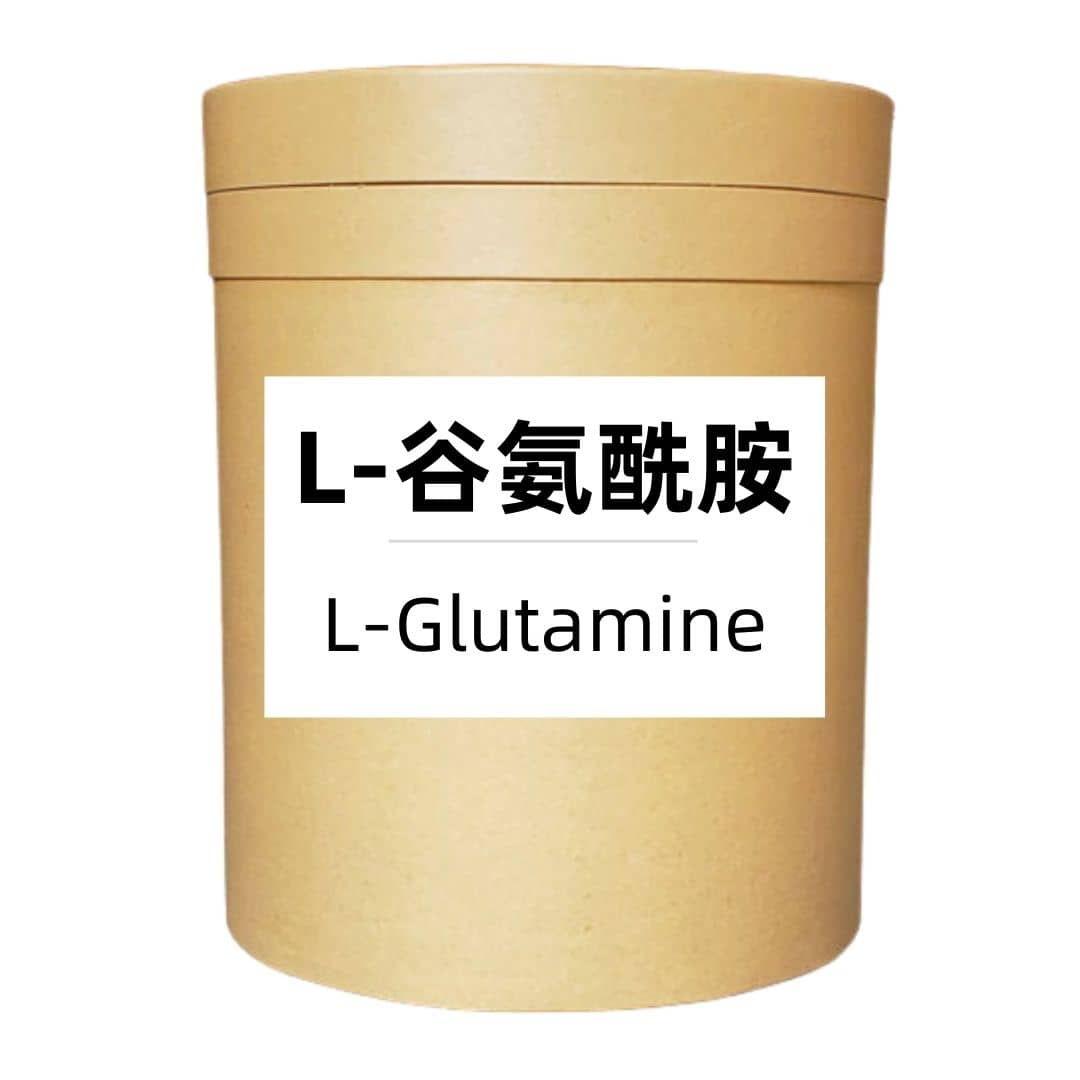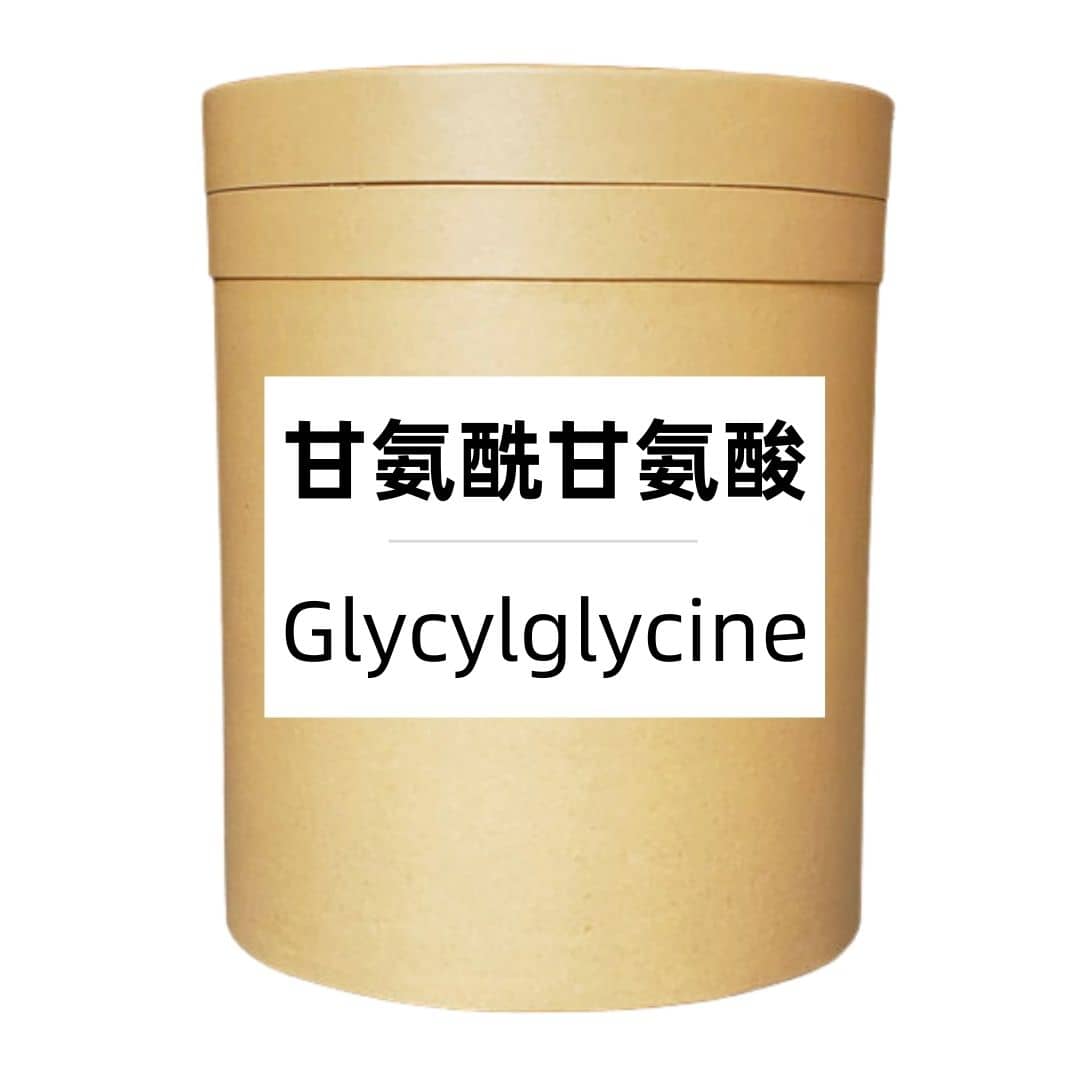Product Introduction
Alanine is a non-essential amino acid, which means that the human body can produce it on its own. It’s a vital nutrient that plays a crucial role in various bodily functions.
As a building block of proteins, alanine is essential for normal growth and tissue maintenance. It’s involved in protein synthesis and metabolism and can be converted into glucose by the liver to provide energy.
Beyond its role in protein synthesis, alanine is involved in many biochemical reactions and metabolic processes. It can be converted into pyruvate, participating in glucose metabolism and energy production.
Due to its importance in the human body, alanine is widely used in food, dietary supplements, and pharmaceuticals. In food, alanine can be used as a food additive to enhance taste and flavor. In dietary supplements, it’s used as a nutritional supplement to meet the body’s alanine needs. In pharmaceuticals, alanine is used as a raw material for synthesizing certain drugs.
Production Process
Alanine is typically produced through microbial fermentation. This process involves the following steps:
- Selection of a suitable microbial strain: Strains like mutated E. coli or actinomycetes are chosen for their ability to produce alanine.
- Cultivation: The selected strain is inoculated into a suitable culture medium, providing essential nutrients like carbon, nitrogen, and trace elements.
- Fermentation: The culture is fermented under optimal conditions of temperature, pH, and oxygen supply to promote microbial growth and alanine production.
- Purification: The fermentation broth is purified to remove impurities and microbial residues, increasing the purity of alanine.
- Concentration and drying: The purified solution is concentrated and dried to obtain the final alanine product.
Throughout the production process, strict control over raw material quality, fermentation conditions, and production environment is essential to ensure product quality and safety. Adherence to relevant regulations and guidelines, including quality control and standard operating procedures, is crucial for meeting product standards.
Product Efficacy and Functions
Alanine offers several benefits, including:
- Protein Synthesis: As a building block of proteins, alanine is essential for protein synthesis, maintaining normal growth and tissue function.
- Energy Supply: Alanine can be converted into glucose by the liver, providing energy and supporting energy metabolism.
- Anti-Fatigue: Alanine is believed to have anti-fatigue properties, helping to reduce muscle fatigue and improve physical performance.
- Immune Regulation: Alanine is involved in regulating immune cell function and plays a role in maintaining a healthy immune system.
- Acid-Base Balance: As a neutral amino acid, alanine helps regulate the body’s acid-base balance.
Packaging and Transportation
- Storage Conditions: Store in a cool, dry place away from direct sunlight.
- Packaging: Bulk quantities are packaged in 25kg paperboard drums, while smaller quantities are packaged in 1kg aluminum foil bags. Custom packaging is also available upon request.
- Shipping: Products can be shipped via express courier or logistics. Domestic express delivery typically takes three days, while logistics takes five days. Shipping costs are generally included in the quotation.
- Shelf Life: Two years
Monica Sun possesses extensive technical expertise and market insights in the food additives industry. She excels in designing efficient and safe additive formulations tailored to various food applications, ranging from sweeteners to functional dietary fibers. Monica has successfully assisted food manufacturers in optimizing ingredient combinations to enhance product quality and improve consumer satisfaction.









